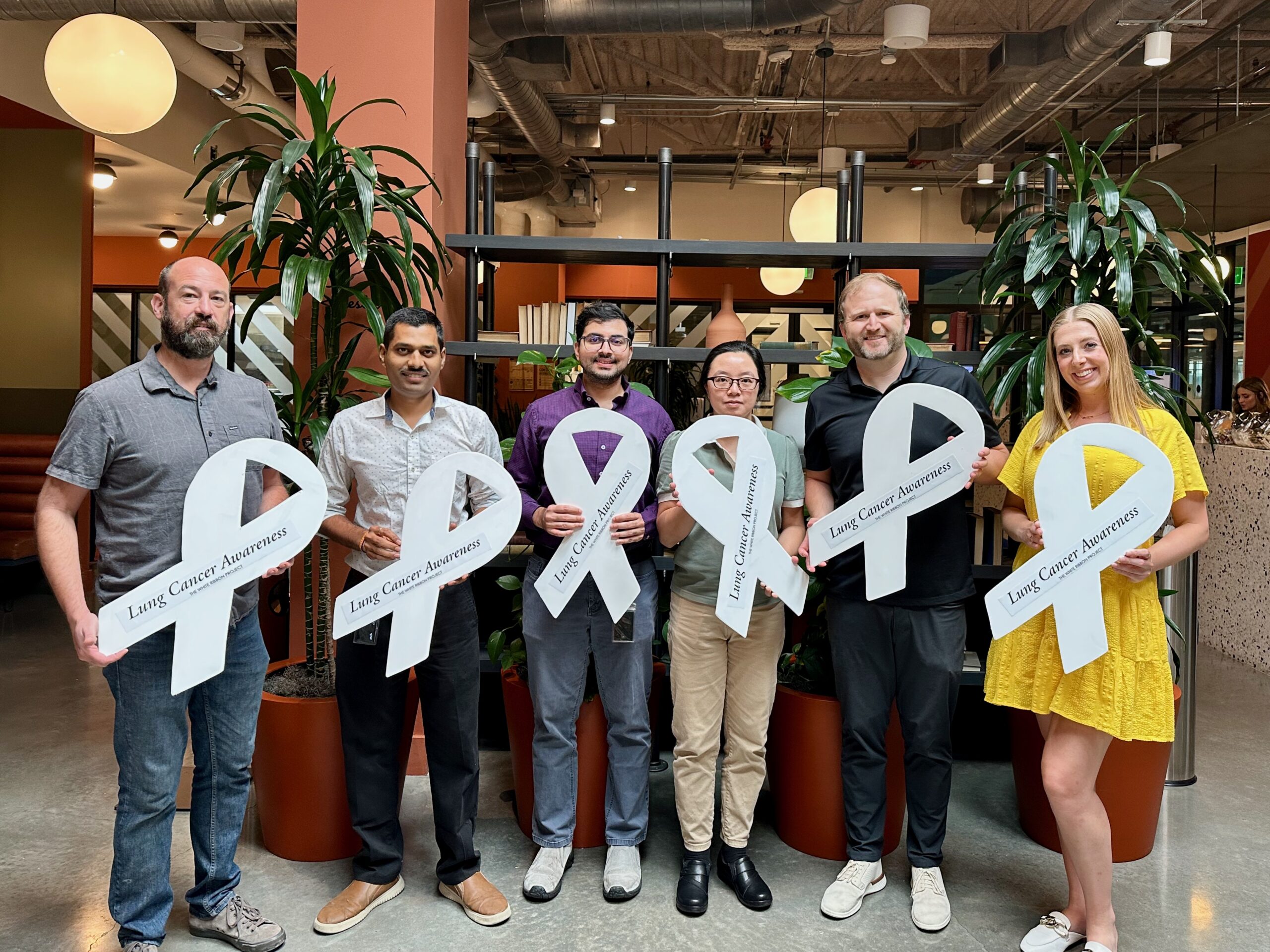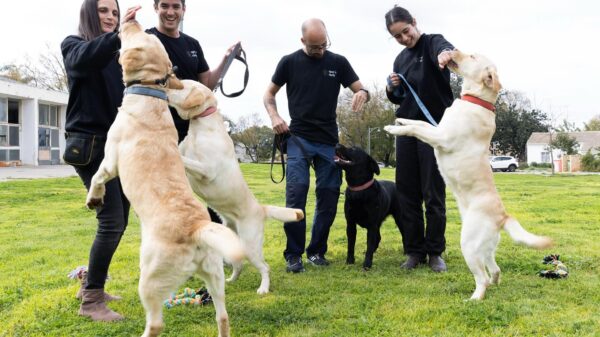Lantern Pharma Inc (NASDAQ: LTRN) has finished enrolling Japanese patients for an ongoing study on a non-small cell lung cancer therapeutic. They will be assessed at the National Cancer Center in Tokyo and four other unspecified sites in the country. Lantern dosed the first Japanese patient in November and the remainder have now been selected.
The clinical trial will assess the company’s LP-300 drug in tandem with chemotherapy versus chemotherapy alone. The Japanese patients enrolled are non-smokers that have had tyrosine kinase inhibitor treatments with no avail. There are only 10 — Lantern’s targeted number in Japan.
Lantern has pointed out that the number of never-smokers in Japan who contract the disease is twice as high as Europe and North America at approximately 37.5 per cent. Developing treatments to address NSCLC in non-smokers specifically is a multi-billion-dollar market opportunity for which no approved drugs currently exist, the pharmaceutical operator has highlighted.
The broader trial, titled “HARMONIC,” will enrol a total of 90 patients throughout Japan, Taiwan and the United States during its duration.
Taiwan is another target area for the study due to its high rate of lung cancer patients who have never lit up a cigarette in their lives. Lantern says over 50 per cent of cases occur in non-smokers throughout the island. Lantern started selecting suitable patients for HARMONIC in Taiwan at the end of 2024.
“This achievement builds momentum as we continue enrollment in Taiwan and the United States,” said chief executive Panna Sharma, “bringing us closer to generating the clinical data that could establish LP-300 as a treatment option for this underserved patient population with significant unmet medical need.”
The news follows successful results from the earlier stages of the Phase 2 clinical assessment on the investigational drug candidate. It delivered an 86 per cent clinical benefit rate and 43 per cent objective response rate in the first seven U.S. patients dosed. An American first received the drug in the HARMONIC investigation in early 2023.
Furthermore, one 70-year-old patient showed a durable complete response last month, meaning that their tumour has completely disappeared approximately two-years post administration. Only scar tissue currently remains at the site of the lung cancer lesions, Lantern specified.
“To see a heavily pre-treated patient not only achieve a complete response in their target cancer lesions but maintain that response with excellent quality of life is truly extraordinary,” said Sharma on Jun. 16.
Lantern focuses on harnessing a proprietary artificial intelligence program called RADR to develop cancer therapies like LP-300. It has also created LP-100 for prostate cancer, LP 184 for brain tumours and LP-284 for non-Hodgkin’s lymphoma.
On Monday, the pharmaceutical company revealed that it has pioneered an “AI module” for predicting blood-brain barrier permeability of small molecules.
Despite burning through a significant amount of funding on clinical studies, Lantern retains a strong financial position. The drug developer currently has a cash position of US$19.7 million and only about US$195,000 in debt.
Read more: Breath Diagnostics leader speaks at lung cancer education event in Louisville
Read more: Breath Diagnostics takes aim at lung cancer with One Breath
Follow Rowan Dunne on LinkedIn
rowan@mugglehead.com













